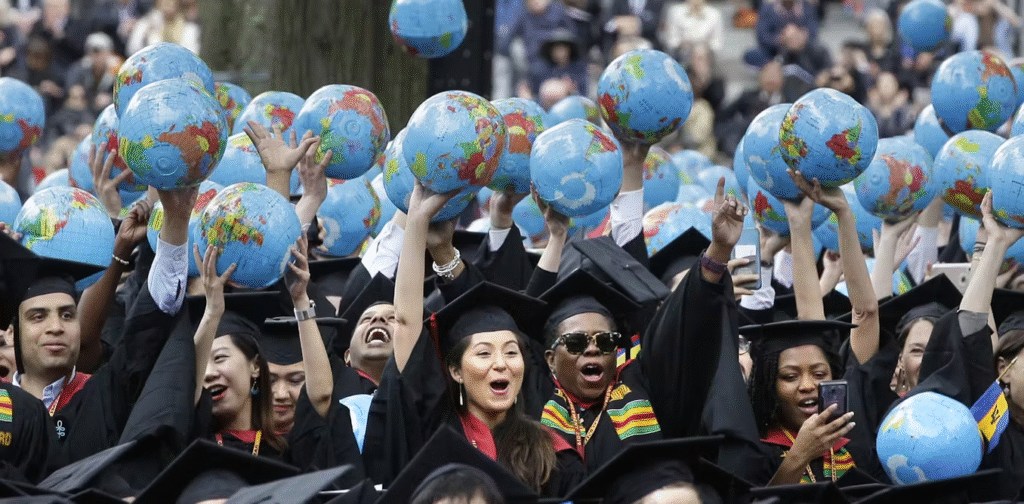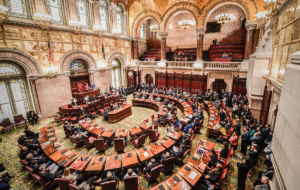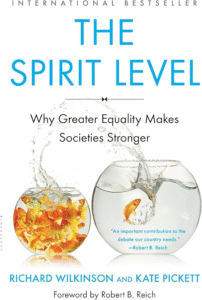Navigating Uncertainty: The Impact of Policy on Harvard’s International Student Body and Global Standing
The landscape of international higher education is a dynamic one, heavily influenced by geopolitical shifts and national policies. In recent times, the Trump administration’s stance on international students at institutions like Harvard University has ignited significant concern, raising questions about the future of their enrollment, the university’s global appeal, and the broader implications for academic exchange. This policy approach, perceived by many as restrictive, threatens to reshape the flow of global talent and potentially diminish the United States’ long-held position as a premier destination for higher learning.

Policy Shifts and Harvard’s Vulnerability
Harvard University, a beacon of academic excellence, has historically attracted a diverse and brilliant cohort of international students. These students contribute immensely to the university’s intellectual vibrancy, cultural richness, and research endeavors. However, the Trump administration’s policies, which have included stricter visa regulations, increased scrutiny of international students, and a general rhetoric of reduced immigration, have created an environment of uncertainty and apprehension. For prospective international students, the fear of visa denials, difficulties in travel, or even the possibility of being unable to complete their studies due to policy changes becomes a significant deterrent. This directly impacts Harvard’s ability to recruit top global talent, potentially leading to a decline in international enrollment and, consequently, affecting the diversity of perspectives essential for a world-class academic environment. The concern extends beyond mere numbers; it touches upon the very essence of Harvard’s global identity and its capacity to foster cross-cultural understanding and collaboration.
Eroding Global Appeal: A Broader US Challenge
The challenges faced by Harvard are emblematic of a larger issue confronting the entire American higher education system. For decades, the United States has been the undisputed leader in attracting international students, benefiting from their tuition fees, their contributions to research and innovation, and their eventual roles as global ambassadors for American values and soft power. Policies that create an unwelcoming or unpredictable environment risk eroding this long-standing appeal. When highly qualified students from around the world perceive barriers to entry or a lack of stability in their academic pursuits in the US, they are compelled to look elsewhere. This shift could lead to a brain drain, impacting America’s competitiveness in science, technology, and various professional fields. The global academic community thrives on open exchange, and any perceived closure or restriction can have far-reaching consequences for research partnerships, innovation, and the overall intellectual leadership of the nation.
The Strategic Advantage of Alternative Destinations
In response to these developments, other nations and regions are strategically positioning themselves to attract the talent that might otherwise have chosen the United States. Notably, universities in places like Hong Kong have reportedly extended invitations to Harvard’s international students, signaling a proactive effort to capitalize on the perceived vulnerabilities of the American system. This trend highlights a growing competition in the global education market. Countries that offer clearer, more welcoming immigration policies, coupled with high-quality academic programs and research opportunities, stand to gain significantly. For institutions in Hong Kong, attracting students from prestigious universities like Harvard could boost their own international standing, enhance their research capabilities, and foster a more diverse and globally connected student body. This strategic pivot by alternative destinations underscores the idea that talent is fluid and will gravitate towards environments that offer both academic excellence and a sense of security and welcome.
Conclusion
The Trump administration’s policies concerning international students present a complex challenge for institutions like Harvard University and for the broader landscape of American higher education. While the immediate impact is seen in enrollment concerns and a potential dampening of global appeal, the long-term consequences could involve a significant reordering of the international academic hierarchy. As other nations actively seek to attract global talent, the United States faces a critical juncture: whether to reinforce its traditional role as a welcoming hub for international students or risk ceding its intellectual leadership to more accommodating competitors. The free flow of knowledge and talent is a cornerstone of global progress, and policies that impede this flow ultimately affect not just individual institutions, but the collective advancement of human endeavor.




















